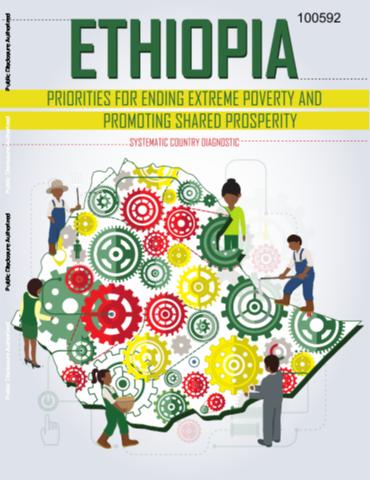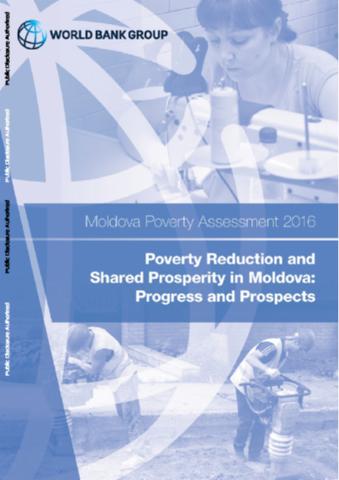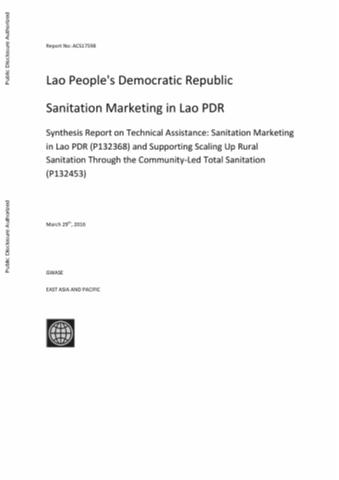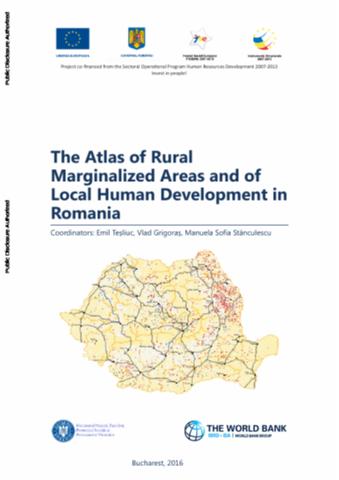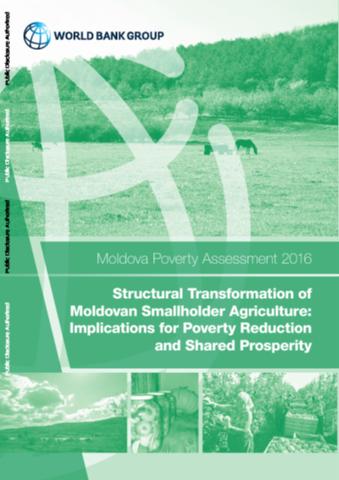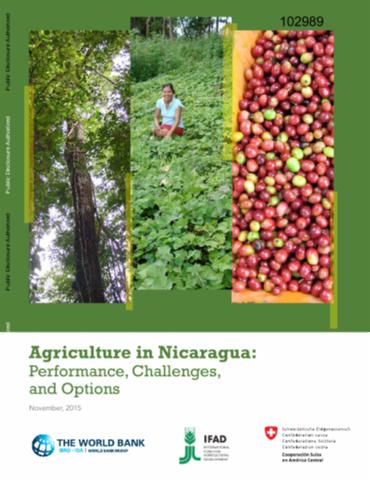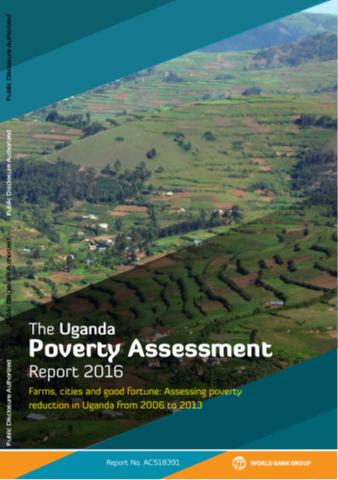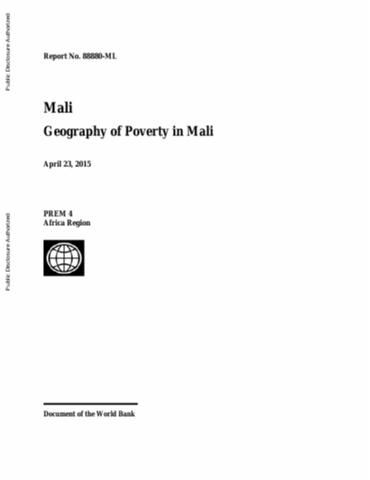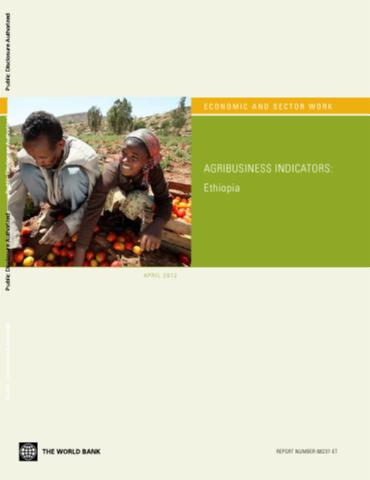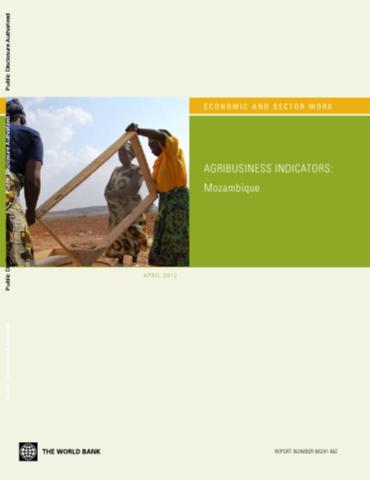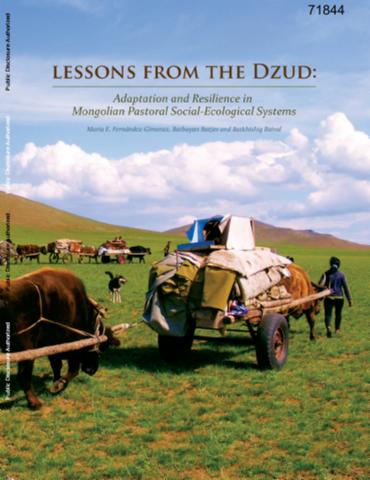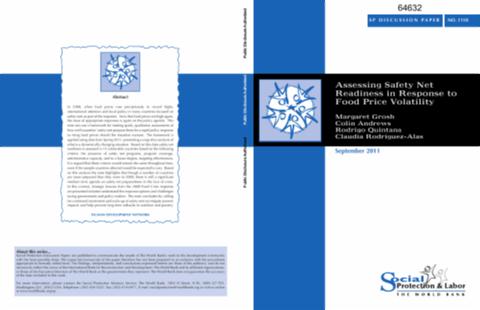Ethiopia
This Systematic Country Diagnostic (SCD) identifies the binding constraints to reducing extreme poverty and promoting shared prosperity in Ethiopia. Achieving those goals requires a two pronged strategy of building on the strengths of past performance as well as introducing new elements. Progress in rural livelihoods drove poverty reduction in the past and will likely do so in the future. In addition, faster, and more inclusive, private sector-led structural change and ‘getting urbanization right’ are essential going forward.

